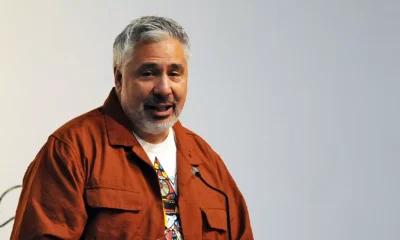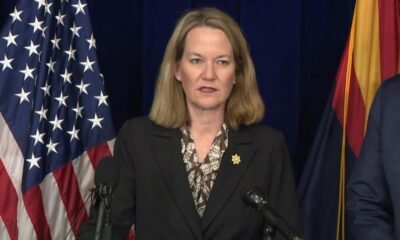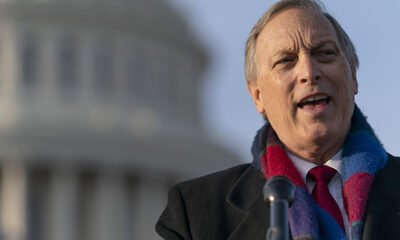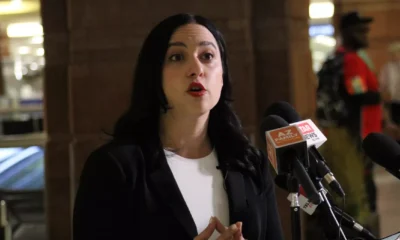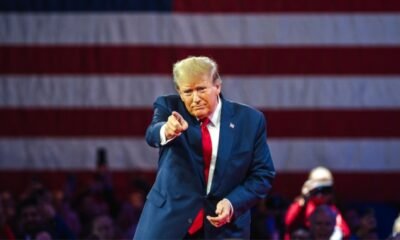cct-tracking
Trump Calls on Putin to “STOP!” Amidst Devastating Attack on Kyiv

Russia launched a sustained assault on Kyiv, unleashing a barrage of missiles and drones, marking the deadliest attack on the Ukrainian capital since July. Reports indicate at least 12 individuals lost their lives and over 90 sustained injuries from the hours-long aerial assault.
President Donald Trump voiced his discontent over the strikes, issuing a pointed message to Russian President Vladimir Putin via his Truth Social platform: “I am not happy with the Russian strikes on KYIV. Not necessary, and very bad timing. Vladimir, STOP! 5000 soldiers a week are dying.” Trump urged for an expedited peace deal.
Trump’s remarks came amidst a growing frustration over the stagnation of U.S.-led efforts to negotiate peace between Ukraine and Russia. His critique of Putin was particularly striking, especially following an earlier confrontation with Ukrainian President Volodymyr Zelenskyy, whom Trump blamed for prolonging conflict by refusing to surrender Crimea, which Russia unlawfully annexed in 2014.
During his Oval Office meeting with Norwegian Prime Minister Jonas Gahr Støre, Trump reiterated that Crimea was taken without a fight, referencing the actions of former President Obama. Asked about potential steps Putin could take to facilitate peace, Trump suggested a halt to territorial expansion as a significant concession.
However, this perspective faced opposition from Ukraine and many European nations, who argue that recognizing Russian claims on occupied territory is unacceptable. Zelenskyy emphasized that any acknowledgment of occupied regions as Russian is a clear red line for Ukraine, citing Moscow’s ongoing aggressions despite previous ceasefire proposals discussed weeks ago.
Trump’s stance is noteworthy, particularly as he has previously conveyed that Russia appears more willing than Ukraine to reach an agreement. “I didn’t like last night,” he remarked, reflecting on the recent attacks. Despite his confidence in Putin’s leverage over Zelenskyy, Trump’s administration has somewhat shifted toward a more cooperative approach with Moscow.
Meanwhile, during discussions with Gahr Støre, Trump emphasized that U.S. involvement remains critical to achieving an end to the conflict. Støre acknowledged Trump’s role in fostering dialogue, reinforcing the notion that both parties must deliver on potential agreements.
French President Emmanuel Macron asserted that Putin’s claims of seeking peace while bombing Ukraine are false, emphasizing the need for an unconditional ceasefire. He directed the anger of U.S. officials towards Putin, highlighting the urgency for a resolution.
The French Foreign Ministry responded cautiously to Trump’s criticisms of Ukraine’s position regarding Crimea. Spokesman Christophe Lemoine stated that Ukraine’s territorial integrity is non-negotiable, while pointing to Russia’s continued strikes as the primary barrier to progress in discussions.
In a possible signal for diplomatic engagement, the White House announced that Trump’s special envoy, Steve Witkoff, would travel to Moscow for continued discussions. This meeting marks the fourth such encounter since Trump assumed office.
On another front, Defense Secretary Pete Hegseth met with NATO Secretary-General Mark Rutte, amid calls for increased defense spending among member states, especially as the conflict extends into its second year. Rutte emphasized the need for higher military budgets beyond the currently agreed 2% of GDP, arguing it is insufficient to safeguard NATO’s territories.
Petrequin reported from Paris, with contributions from Associated Press writer Lorne Cook in Brussels.
